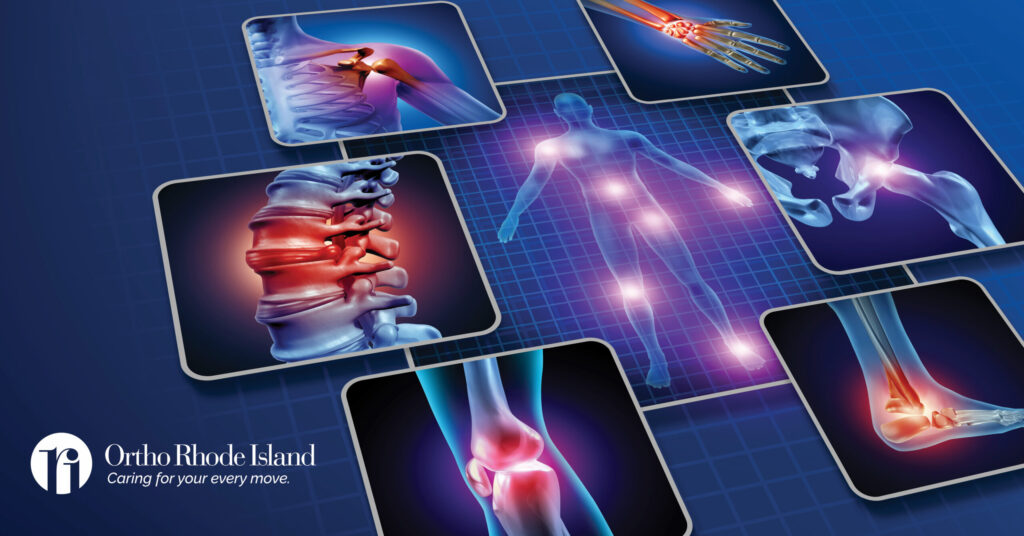Steroid injections are commonly used to alleviate pain and inflammation caused by arthritis, especially in the hips and knees. While these injections offer quick relief from symptoms, they come with certain risks that can impact your long-term health. Recent studies have raised concerns about their potential side effects, particularly when administered frequently. Here’s an overview of five side effects you might not know about.
1. Damage to Joint Cartilage
Steroid injections are designed to reduce inflammation and ease arthritis pain. However, studies suggest that these injections can lead to accelerated joint damage, especially when used repeatedly. Cartilage, which cushions joints, may break down more quickly, leading to a faster progression of osteoarthritis. This can cause further joint pain and stiffness, ultimately hindering mobility.
2. Tissue Damage and Weakness
Repeated use of steroid injections at the same site, particularly more than three times a year, can lead to tissue damage. This includes weakening of ligaments, tendons, and muscles around the joint. The tissue becomes more fragile, and overexertion or early physical activity after the injection can result in further damage. It’s advisable to rest and avoid strenuous exercises for at least two weeks after receiving a steroid shot.
3. Risk of Tendon Rupture
Steroid injections can sometimes cause side effects like allergic reactions, skin discoloration, or even infection. One serious risk is tendon rupture, especially if the injection is administered in an area where tendons are in close proximity to the joint. Repeated injections may weaken the tendons, making them more prone to tears. This can severely affect your mobility and recovery time, leading to further complications.
4. Bone Collapse in the Hip
A significant concern raised by recent studies is the potential for bone collapse, particularly in the hip area. Patients who receive steroid injections in their hips may experience a higher incidence of bone death and collapse compared to others who have not undergone this treatment. This risk is heightened in individuals with pre-existing hip pain severe enough to require the injections. Such bone changes may worsen over time and require more intensive treatments or surgery.
5. Increased Risk of Infection
Steroid injections suppress the body’s immune system, which can increase the likelihood of infections, especially in patients who are about to undergo hip or knee replacement surgeries. The immune-suppressing effects of steroids make it harder for the body to fight off post-surgery infections, which can lead to complications such as extended hospital stays, the need for antibiotics, or even more invasive procedures. It is crucial to consider these risks when planning joint replacement surgery following a steroid injection.
Conclusion
Steroid injections can offer short-term relief for arthritis sufferers, but they come with potential side effects that need to be carefully considered. Always consult with your doctor or a healthcare professional before making any major changes to your diet, lifestyle, or medical routine. They can offer personalized advice based on your current health condition and medical history.
Note: If you have any health-related concerns, please call us at +91-9058577992 to receive free consultation from our experienced doctors. Thank you.
